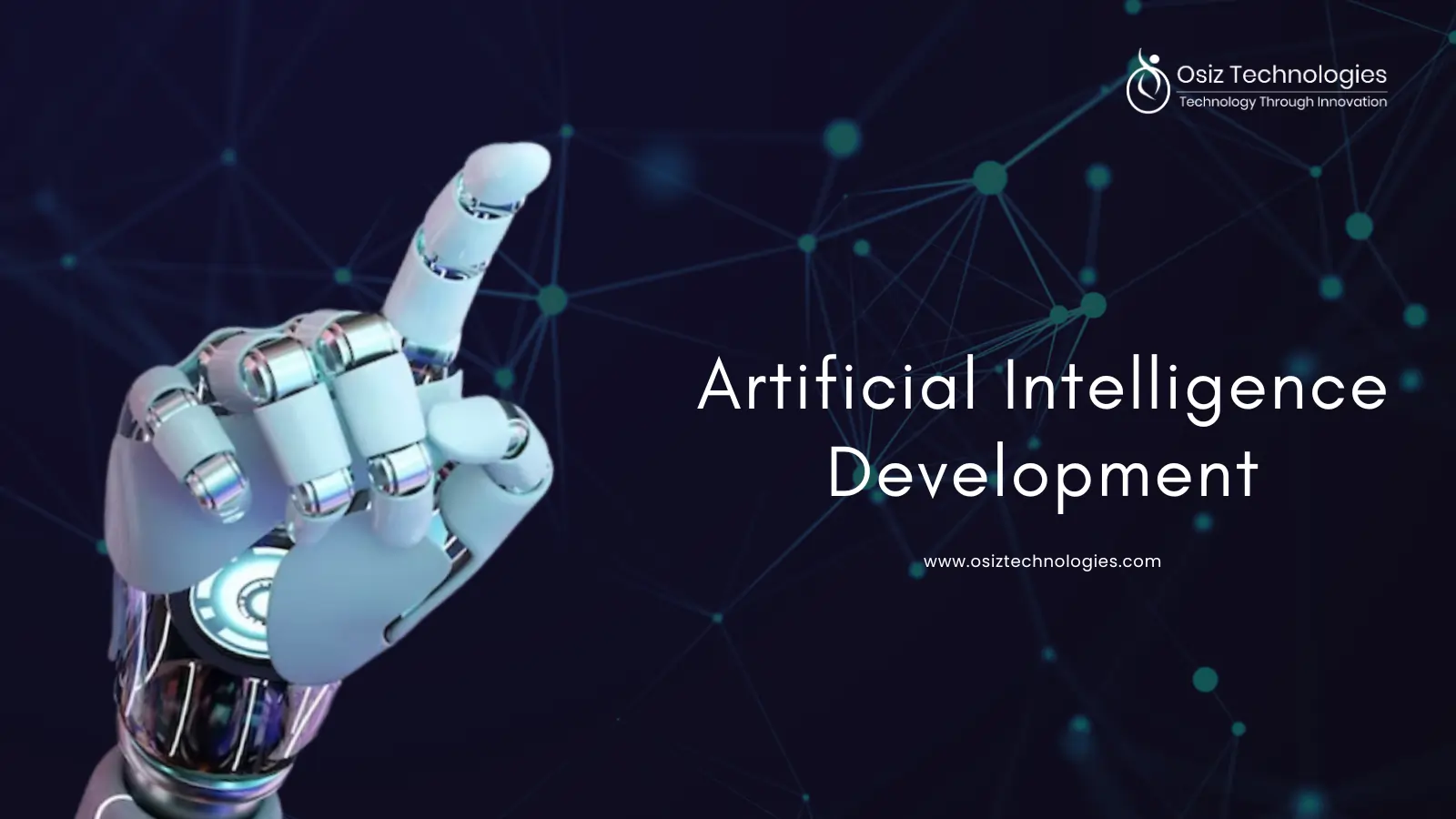As we venture deeper into the digital age, artificial intelligence (AI) is revolutionizing software development in ways previously unimaginable. From AI code generation tools to low-code platforms, the landscape is evolving rapidly. This article explores the various facets of AI software development, its benefits, and the tools that are shaping the future.
Understanding AI Software Development
AI software development involves the integration of machine learning models and AI technologies into the software creation process. This approach enhances productivity, reduces errors, and accelerates delivery times. With AI, developers can automate repetitive tasks, allowing them to focus on more complex challenges.
The Rise of AI Code Generation Tools
AI code generation tools are becoming increasingly popular among developers. These tools leverage machine learning algorithms to automatically generate code based on user inputs. For instance, tools like GitHub Copilot can suggest code snippets in real-time, significantly speeding up the development process. By 2026, it's expected that AI automation will play a pivotal role in transforming software development, as noted in recent studies.
AI-Powered Software Automation
Software automation powered by AI is a game-changer. It allows for the automation of mundane tasks such as code reviews, testing, and deployment. This not only saves time but also enhances accuracy. AI-powered testing automation tools can identify bugs and vulnerabilities faster than traditional methods, ensuring a more robust final product.
Low-Code and No-Code AI Platforms
Low-code and no-code platforms are democratizing software development. These platforms enable users with minimal coding experience to create applications by using visual interfaces and pre-built components. By 2025, it's projected that low-code solutions will account for 75% of new applications. This trend reflects the growing demand for rapid delivery and accessibility in software development.
Machine Learning in Software Development
Machine learning is at the heart of AI software development. It allows for the creation of intelligent applications that can learn from data and improve over time. For example, machine learning algorithms can analyze user behavior to enhance user experience, making applications more intuitive and responsive.
AI Model Integration
Integrating AI models into existing software systems can be challenging but rewarding. Successful integration allows businesses to leverage AI capabilities without overhauling their entire infrastructure. Companies can use APIs to connect AI models with their applications, enabling smarter functionalities such as personalized recommendations and predictive analytics.
AI-Native Development Platforms
AI-native development platforms are designed specifically for building AI applications. These platforms integrate machine learning models directly into the development environment, facilitating smarter code completion and automated bug fixing. This approach minimizes manual coding and enhances overall efficiency.
Edge Computing and AI
Edge computing is another critical aspect of AI software development. By processing data closer to the source, edge computing reduces latency and improves performance. This is particularly beneficial for applications that require real-time processing, such as autonomous vehicles and smart devices. The rise of edge computing AI addresses both privacy and performance needs, making it an essential component of modern software architecture.
AI Bug Detection and Code Completion
AI-driven bug detection tools are transforming the way developers identify and fix issues in their code. These tools can analyze code in real-time, offering suggestions for fixes and improvements. Similarly, AI code completion tools enhance developer productivity by predicting code snippets, allowing for faster coding and fewer errors.
AI Testing Automation and DevSecOps
AI testing automation is revolutionizing the quality assurance process. By automating testing procedures, companies can ensure that their software is reliable and secure. Furthermore, integrating AI into DevSecOps practices enhances security by identifying vulnerabilities early in the development lifecycle.
AI Agents for Software Development
AI agents are becoming increasingly autonomous, handling more development tasks without human intervention. These agents can manage everything from code generation to testing, freeing developers to focus on strategic planning and innovation. As AI agents evolve, they will become integral to software workflows, streamlining processes and enhancing productivity.
AI Software Lifecycle Management
Managing the software lifecycle with AI involves using AI tools to oversee every phase, from planning to deployment. This holistic approach ensures that software remains relevant and efficient throughout its lifecycle. By leveraging AI, companies can optimize their development processes, reduce costs, and enhance overall quality.
Conclusion: Embracing the Future of AI in Software Development
The integration of AI in software development is not just a trend; it’s the future. By embracing AI technologies, businesses can enhance productivity, improve quality, and accelerate their development processes. For businesses looking to leverage AI, partnering with experienced AI development Company like Osiz Technologies can be a game-changer. As we look ahead, the potential of AI in software development is limitless. Connect with osiztechnologies to learn how we can help you harness the power of AI for your software needs.
Listen To The Article












